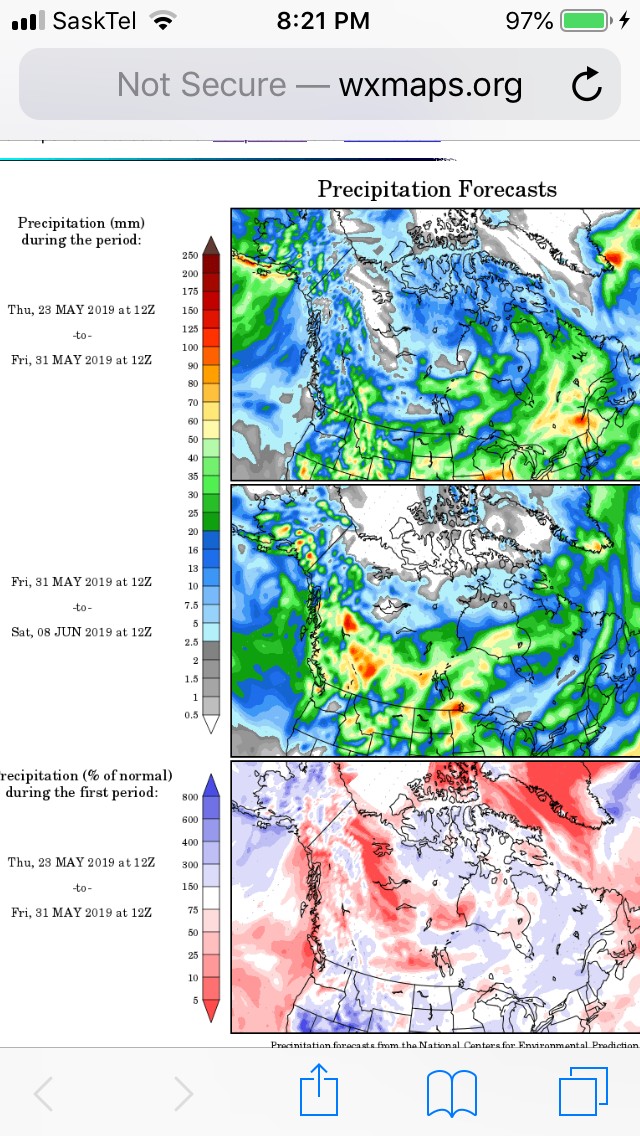Rick Mercer's environment Canada 7 day forecast...
https://youtu.be/wkDvqQKGgDA
https://youtu.be/wkDvqQKGgDA

This website uses tracking tools, including cookies. We use these technologies for a variety of reasons, including to recognize new and past website users, to customize your experience, perform analytics and deliver personalized advertising on our sites, apps and newsletters and across the Internet based on your interests.
You agree to our and by clicking I agree.
Comment